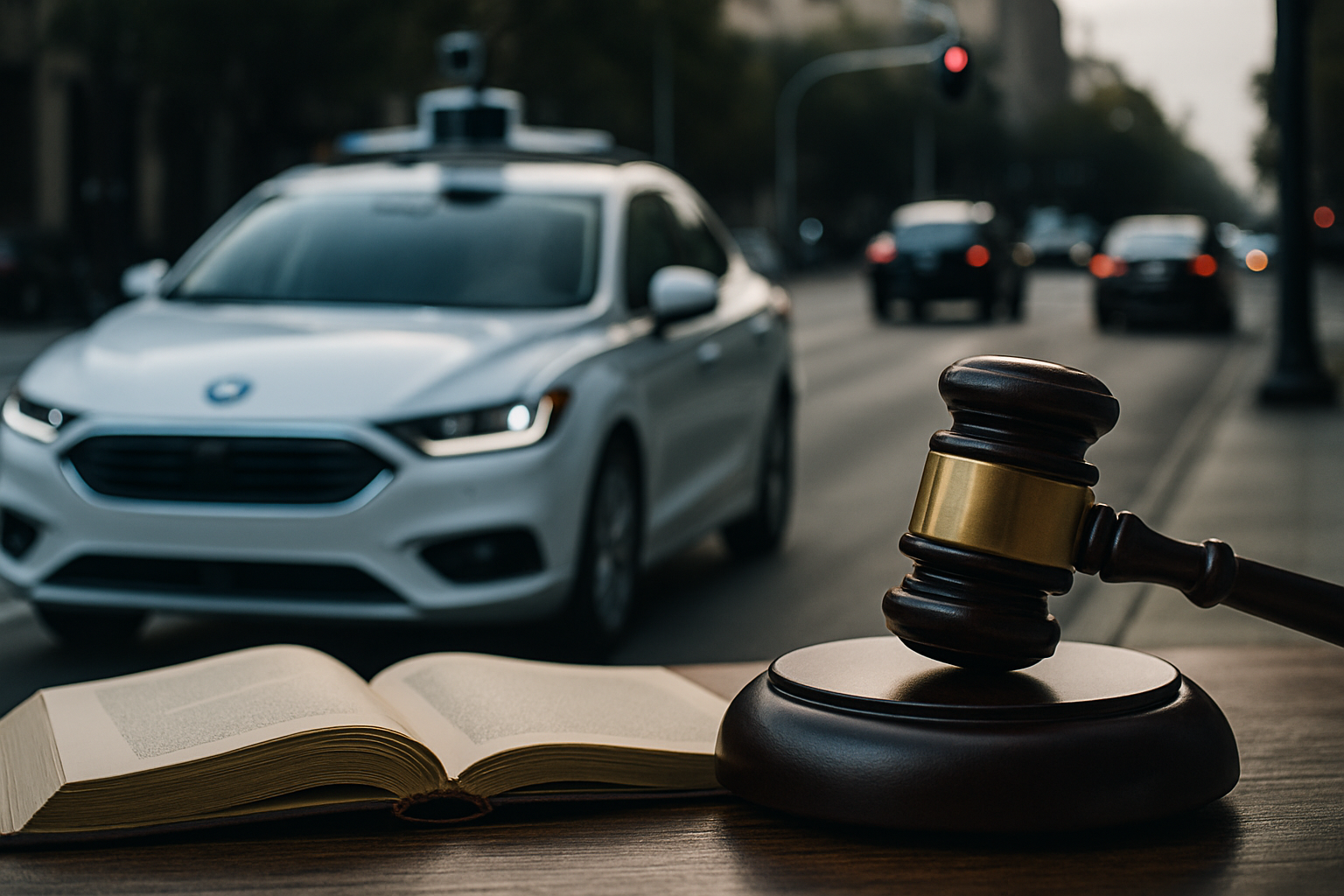Legal Challenges in Regulating Autonomous Vehicles
Introduction: As autonomous vehicles inch closer to widespread adoption, legislators and legal experts grapple with unprecedented challenges. This article explores the complex legal landscape surrounding self-driving cars, examining key issues from liability to data protection and the evolving regulatory framework shaping the future of transportation.

Liability in the Age of Self-Driving Cars
One of the most pressing legal issues surrounding AVs is determining liability in the event of accidents. Traditional automotive liability laws are based on human driver error, but with AVs, the line between human and machine responsibility blurs. Questions arise: Is the manufacturer liable? The software developer? The owner? Or some combination thereof? Some jurisdictions are considering no-fault insurance systems for AVs, while others propose treating them as products subject to strict liability. These discussions highlight the need for a fundamental reimagining of automotive liability law.
Data Protection and Privacy Concerns
AVs generate and process vast amounts of data, raising significant privacy and data protection concerns. This data includes not only vehicle performance metrics but also potentially sensitive information about passengers’ movements and behaviors. Legal frameworks must address questions of data ownership, storage, and usage. Additionally, the potential for this data to be subpoenaed in legal proceedings or accessed by law enforcement agencies presents complex Fourth Amendment considerations. Balancing the benefits of data collection for safety and efficiency with individual privacy rights remains a central challenge.
Cybersecurity and Criminal Law
The increasing connectivity of AVs introduces new vulnerabilities to cyberattacks, necessitating robust legal frameworks to address these threats. Criminal laws must evolve to encompass new forms of automotive crime, such as hacking into vehicle systems or manipulating traffic infrastructure. Moreover, the potential use of AVs in criminal activities, like drug trafficking or as weapons, requires careful consideration. Legislators must work closely with cybersecurity experts to craft laws that can effectively deter and punish these novel forms of criminal behavior.
Ethical Considerations and Algorithmic Decision-Making
Perhaps the most philosophically challenging aspect of AV regulation involves the ethical considerations of algorithmic decision-making. How should an AV be programmed to respond in unavoidable accident scenarios? Should it prioritize the safety of its passengers over pedestrians? These questions intersect with longstanding ethical debates and have significant legal implications. Some jurisdictions are considering mandating transparency in AV decision-making algorithms, while others debate the need for standardized ethical frameworks. The legal community must grapple with translating ethical principles into concrete laws and regulations.
The Road Ahead: Adapting Legal Systems for an Autonomous Future
As AVs continue to evolve, so too must our legal systems. The challenges presented by this technology require a collaborative approach involving legislators, legal experts, technologists, and ethicists. International cooperation will be crucial to develop harmonized standards and regulations, facilitating the global adoption of AVs. Moreover, the legal profession itself must adapt, with new specializations emerging at the intersection of technology and transportation law. As we navigate this complex landscape, flexibility and foresight will be key to creating a legal framework that promotes innovation while safeguarding public safety and individual rights.





